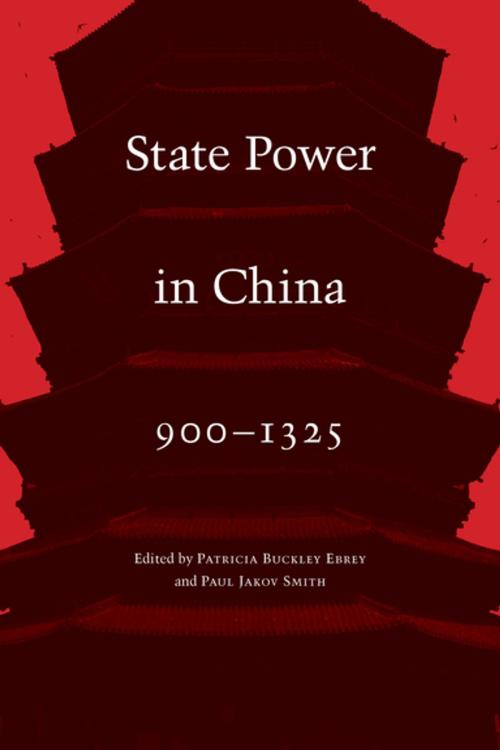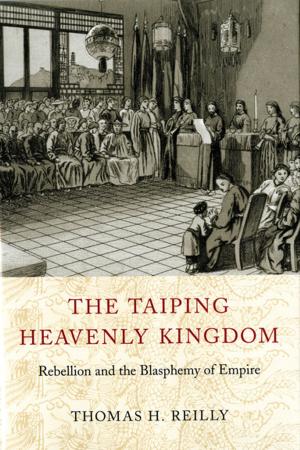| Author: | ISBN: | 9780295998480 | |
| Publisher: | University of Washington Press | Publication: | August 25, 2016 |
| Imprint: | University of Washington Press | Language: | English |
| Author: | |
| ISBN: | 9780295998480 |
| Publisher: | University of Washington Press |
| Publication: | August 25, 2016 |
| Imprint: | University of Washington Press |
| Language: | English |
This collection provides new ways to understand how state power was exercised during the overlapping Liao, Song, Jin, and Yuan dynasties. Through a set of case studies, State Power in China, 900-1325 examines large questions concerning dynastic legitimacy, factional strife, the relationship between the literati and the state, and the value of centralization. How was state power exercised? Why did factional strife periodically become ferocious? Which problems did reformers seek to address? Could subordinate groups resist the state? How did politics shape the sources that survive?
The nine essays in this volume explore key elements of state power, ranging from armies, taxes, and imperial patronage to factional struggles, officials’ personal networks, and ways to secure control of conquered territory. Drawing on new sources, research methods, and historical perspectives, the contributors illuminate the institutional side of state power while confronting evidence of instability and change—of ways to gain, lose, or exercise power.
This collection provides new ways to understand how state power was exercised during the overlapping Liao, Song, Jin, and Yuan dynasties. Through a set of case studies, State Power in China, 900-1325 examines large questions concerning dynastic legitimacy, factional strife, the relationship between the literati and the state, and the value of centralization. How was state power exercised? Why did factional strife periodically become ferocious? Which problems did reformers seek to address? Could subordinate groups resist the state? How did politics shape the sources that survive?
The nine essays in this volume explore key elements of state power, ranging from armies, taxes, and imperial patronage to factional struggles, officials’ personal networks, and ways to secure control of conquered territory. Drawing on new sources, research methods, and historical perspectives, the contributors illuminate the institutional side of state power while confronting evidence of instability and change—of ways to gain, lose, or exercise power.















